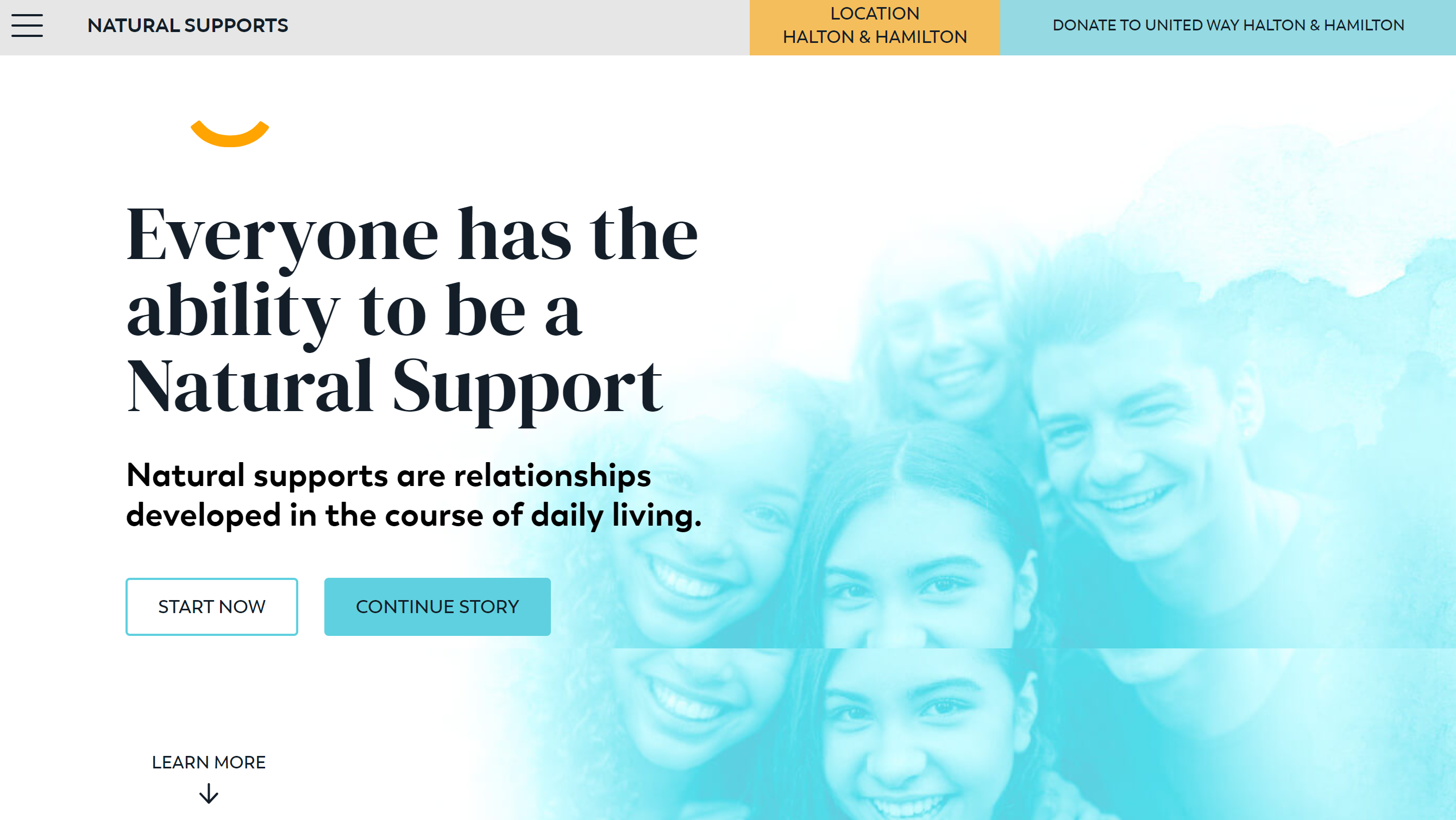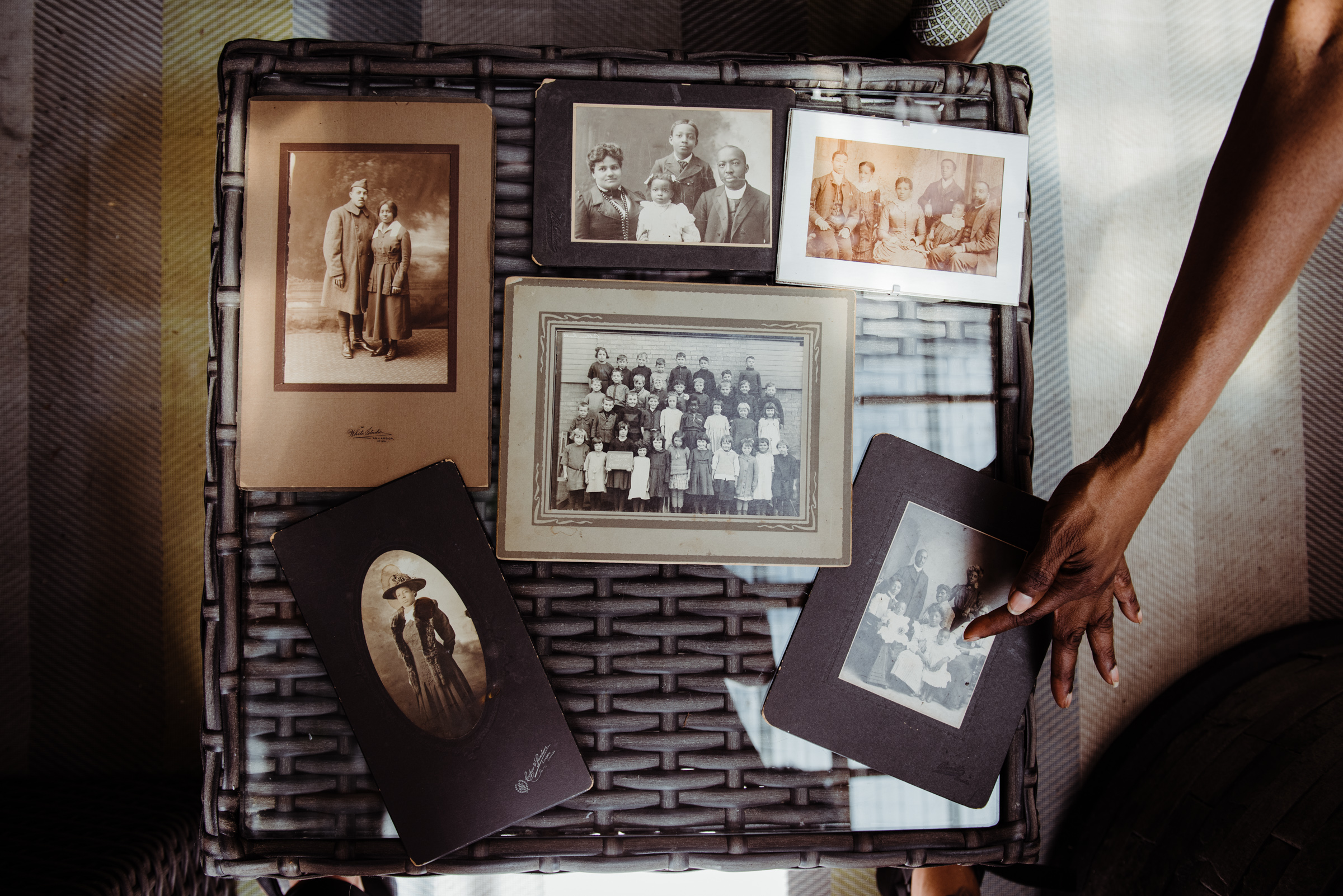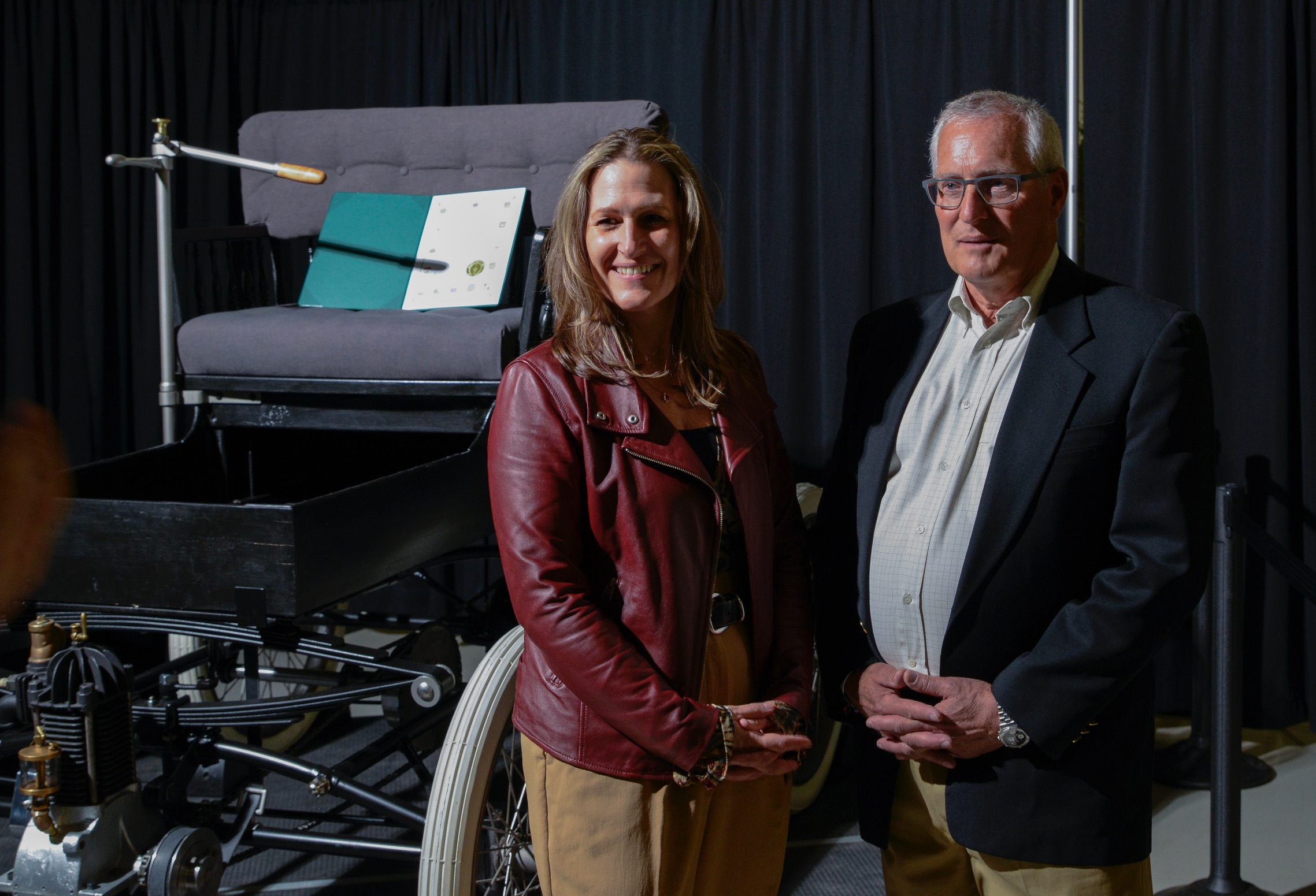By Maisha Hasan, Local Journalism Initiative Reporter
We talk a lot about putting ourselves in someone else’s shoes as a society. However, a lot of the time, those shoes belong to adults; we may disregard the shoes that light up, are tightened by velcro instead of laces, or those thrifted Converse that are beaten up for the aesthetic. In other words: the challenges and day-to-day problems of children and youth are less frequently considered in broad discussions of mental health, though mental health issues in young people have increased since the pandemic began, according to the United Way Halton and Hamilton, referring to statistics from McMaster Children’s Hospital.
Extreme instances include a 90% increase in youth referrals to eating disorder programs over the same four-month period in the previous year, a tripling of youth admitted after an attempt at suicide and a doubling of youth admitted with predominant symptoms of psychosis over the previous year.
The United Way Halton and Hamilton (UWHH) recognized the rise in mental health issues in children and youth, as well as the potential for adults in their lives to help. But they also recognized that adults don’t always know how they can support young people who are struggling. In response, The Social Impact Lab, created by the United Way Calgary and Area, worked with UWHH to create an online program called the “Natural Supports Simulation.”
The Natural Supports Simluation gives anyone the ability to be a “natural support” for any type of kid by walking people through a difficult situation with a child or youth, with options for how to react to the given situation as it progresses. At the end, there are skills to explore, each of which are useful to support a child or youth who is struggling with a mental health concern. Participants may decide they’d like to continue to develop particular skillsets, depending on how they chose to react throughout the simulation.
Anyone can participate in the Natural Supports Simulation; either by going to the website, and choosing “Halton/Hamilton,” or by booking a guided group experience with UWHH. Typically, the guided group experience (either virtual or in-person) is for groups of 10 or more people, and provides context about the pressing mental health issues within our own community, and information on who and what constitutes “natural supports.” The very brief answer: a person’s every-day social network, from family and friends, to co-workers, teachers, and coaches; the people who “enhance the quality and security of life for people,” says Kayla Willet, UWHH’s senior manager of community engagement and programming.
Willet stresses that natural supports are not a replacement for formal, professional or structured supports like primary healthcare providers, therapists, or counsellors; rather, they are “meant to complement” those professional supports, “ to shore up self-esteem and belonging,” she explains. Waitlists for mental health care can be very long these days, and “not everyone with a mental health challenge seeks — or can access — professional support, so natural supports can be very helpful,” Willet says.
When you start on their simulation, you are asked to choose your role: a parent or a caregiver, a teacher or a coach, or a friend or relative. These are all roles that you may hold already; certainly, all are people who a child would have contact with in their day-to-day lives.
For the sake of walking through the simulation, I chose the role of a friend. After choosing your role, you are given six different children of different ages, and in different situations, to choose from; each scenario is based on a real-life story.
I chose Jodie, a dedicated fifteen-year-old student who is working part-time to attend summer camp, all of which is taking an emotional toll on her.
It is pertinent to keep in mind that each of these stories contains delicate matters, so it is important to read the descriptions and recognize if any might trigger you. Any advice chosen from your end should be used as a way to help build skills, learn how to ask supportive questions — and to identify which skills you might need to continue to improve.
Once you begin the story, you are given more of your selected person’s backstory and situation. For Jodie, she is your niece and you have been there for her through her parents’ divorce by babysitting her and her sister. She is quiet and reserved but you two still maintain a strong relationship. It is only when she is older and has a part-time job that things begin taking a toll on Jodie.
We follow her life through scenarios to which we need to respond, each one proving more difficult than the previous. At the end, you will receive your selected person’s final outcome based on your answers. At that point, you will have been tested on the eight necessary skills to support a child or youth experiencing a mental health concern. Finally, you will be given the opportunity to learn and review them. There are also local supports listed on the site, including 211 (available in over 150 languages), and other 24/7 helplines.
Willet notes that natural supports can be extended to people of any age, not just children and youth. People of any age facing mental health concerns benefit from compassion and understanding; this is particularly important now, as 78% of Canadians reported a decline in mental health since the pandemic. Now more than ever, it is important to learn how to better support each other. Given the economic pressures that have increased recently, Willet says that UWHH has launched a program similar to Natural Supports called “Make the Month,” another simulation that illustrates “how mood is altered by decisions made under poverty.” To try that program out, and put yourself in the shoes of someone struggling to make ends meet every month, go to https://new.makethemonth.ca/.
If you are interested in participating in a guided group Natural Supports Simulation experience, email Kayla Willet at KWillet@uwhh.ca (or whoever is your UWHH representative, if you already have one). To try the Natural Supports Simulation yourself, go to www.naturalsupportssimulation.com/ and choose Halton/Hamilton to begin the simulation.




